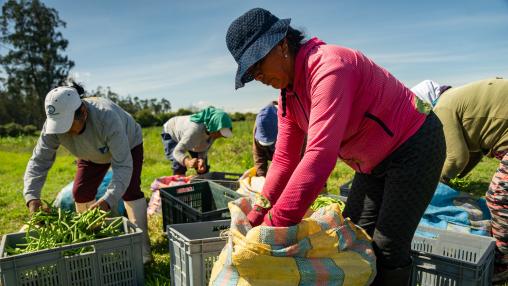
Impact of proposed U.S. tariffs on agricultural trade flows in the Western Hemisphere
With new U.S. tariffs on Canada and Mexico now in effect, what are the potential impacts on trade among those countries and across the Western Hemisphere?
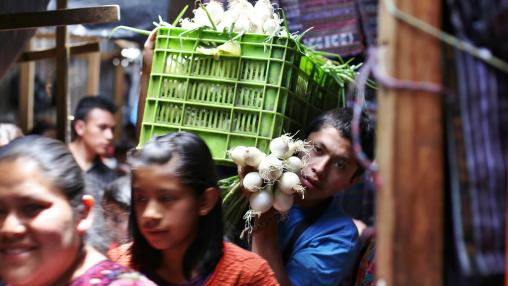
How Trump tariffs might impact countries of Latin America and the Caribbean
Donald Trump’s return to the White House likely also signals the return of the unilateral trade policies that characterized his first term and precipitated trade wars between the United States and many of its trading partners, most notably China. As a candidate, the president-elect threatened a number of adverse trade actions including raising tariffs on all imports by 10%-20%. He has warned a number of specific countries as well—suggesting he would consider 60% tariffs on China and 25% tariffs on Canada and Mexico.
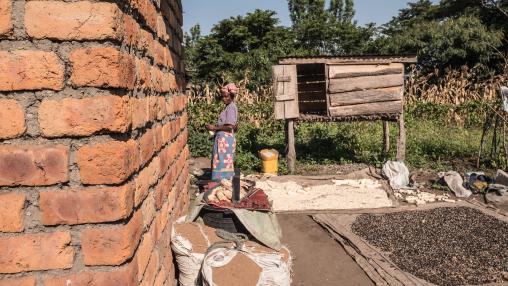
Reducing food loss and waste to address climate change in Africa, Latin America, and South Asia
The problem of food loss and waste (FLW) undermines global food and nutrition security and makes a significant contribution to climate change, primarily through greenhouse gas (GHG) emissions. Reducing or minimizing FLW requires coordinated action to align stakeholders, promote responsible investments, and incentivize sustainable agricultural practices.
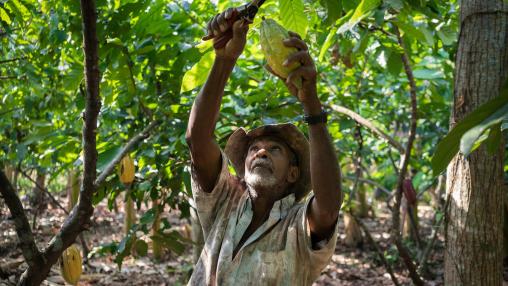
Identifying guidelines for the design of conditional credit programs to promote sustainable agricultural practices in Latin America
The complex challenge of increasing food production while mitigating carbon dioxide emissions, building resilience to climate change, and reducing the burden of agriculture on natural resources requires innovative approaches. Promising strategies include increasing access to mechanization and adopting modern fertilization processes that contribute to climate change adaptation efforts, or the use of improved seeds.
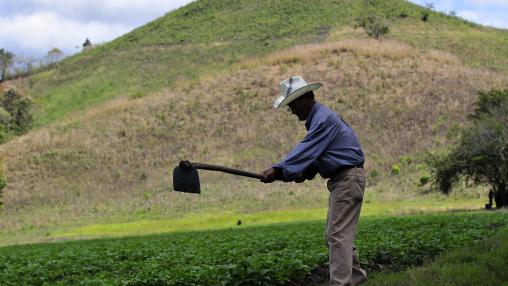
Global Food Policy Report 2024 Latin America and the Caribbean launch: Promoting sustainable healthy diets to address diverse nutrition challenges
Malnutrition stemming from unhealthy diets is a major food systems challenge impacting the health and well-being of people around the world. High food prices, increasing availability of ultra-processed foods, urbanization, climate change, and other trends have contributed to the overconsumption of unhealthy foods while limiting the accessibility of healthy foods.
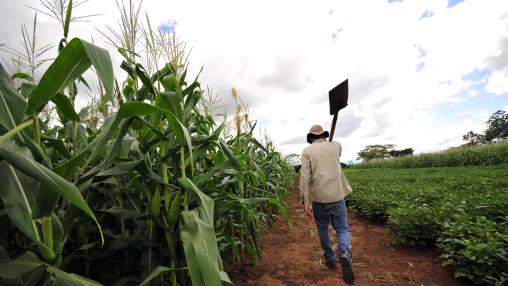
Echoes of inflation: unpacking the drivers of food prices in Central America
In 2022, Central America experienced significant surge in food prices, a trend that was evident in Honduras. The country saw year-on-year monthly food inflation exceeding 12% from May 2022 to May 2023, with rates surpassing 17% in eight of those months.
In the following lines, we address the underlying causes of the food and fertilizer price surges, and the actions that can be taken to mitigate this situation in Central America.
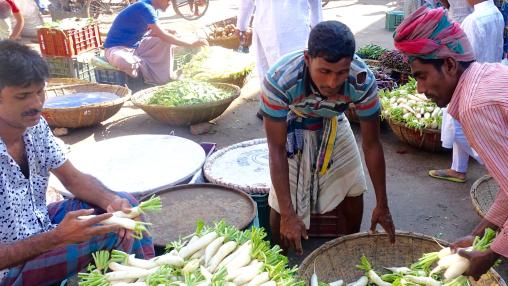
Lessons from Feed the Future country studies on the drivers of agrifood system transformation
IFPRI and its research partners have studied the pace and pattern of agricultural transformation within the U.S. Agency for International Development (USAID) Feed the Future (FTF) countries. A series of 21 case studies were produced that measure each country's agrifood system, analyze changes over the past decade, and identify common patterns across the countries. James Thurlow, Director of IFPRI’s Foresight and Policy Modeling Unit, highlighted four important lessons from the country studies in a recent USAID Agrilinks webinar.
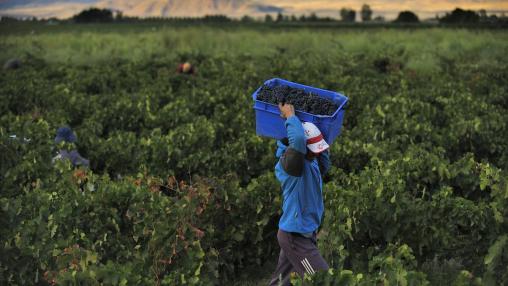
Promoting food security and environmental sustainability through trade policy in the Southern Cone
This blog is based on finding from the IFPRI discussion paper, From farm to table: Agrifood systems and trade challenges in the Southern Cone.
Introduction
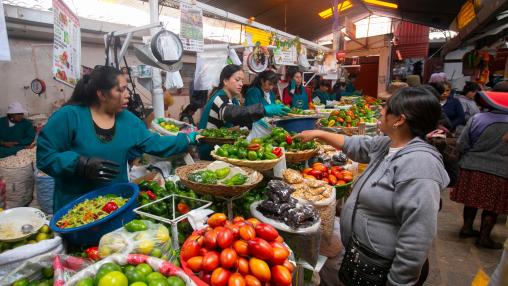
Report launch: The key role of trade in strengthening food security in Latin America and the Caribbean
Recent events such as the war in Ukraine and the El Niño weather cycle have demonstrated how shocks triggering changes in production and distribution of food in one country or region can reverberate around the world, eroding food security for millions if not billions. Efficient, agile, and diverse trade networks can help countries and suppliers to cope with these shocks and strengthen food security. These networks are especially relevant for Latin America and the Caribbean (LAC).
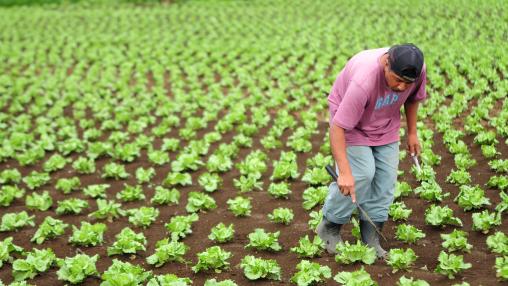
Food Security and Incomes in Guatemala During Food Crises
Since early 2020, Guatemala has faced a multitude of food security shocks: from the outbreak of the COVID-19 pandemic and resulting restrictions on movement and disruptions to agricultural trade to widespread flooding following several major tropical storms to skyrocketing staple food prices. A new article in World Development examines the immediate and longer term impact of these shocks on households’ incomes, diets, food security, and migration decisions, particularly in rural areas.